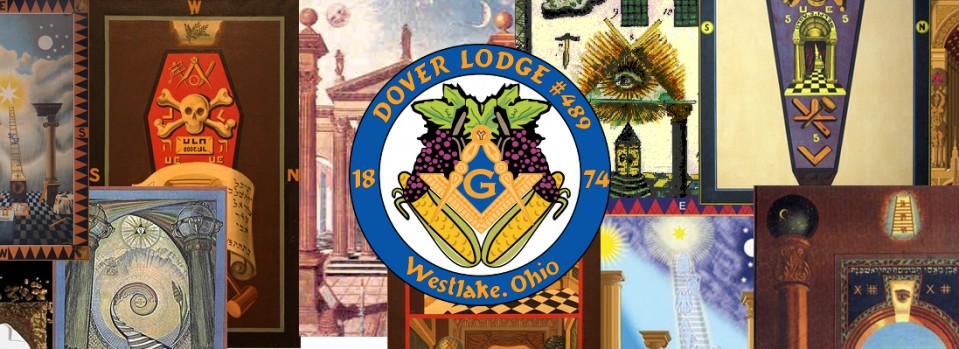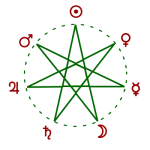It is a sad fact that many people spend entire lives not caring to understand the meaning behind the very words they use on a regular basis. In the English language, an interesting example is served by the names of the days of the week. Let us find the truth behind the often unknown and unconsidered origin of these words that we use on a daily basis.
In most English-speaking nations of the world, it is generally accepted that the week begins on “Sunday”. The days are therefore enumerated with “Sunday” being the first, followed by “Monday”, “Tuesday”, “Wednesday”, “Thursday”, “Friday” and finally “Saturday”, after which the naming of the days restarts it’s cycle of seven.
It is verifiable that the English names for the days of the week have their origins in the Old Germanic names of Norse gods. This Old Germanic tongue is the root from which the English language has grown. Let’s have a look:
- Sunday – quite simply the Day of the Sun, the source of the Earth’s power
- Monday – named for the Moon, the marker of the months (or “moonths”)
- Tuesday – named for the war-god Tiw, who is often associated with the planet Mars
- Wednesday – named for the chief god Wotan, also called Odin, who is associated with the planet Mercury
- Thursday – named for the thunder god Thor, or “Thor’s Day”, who is associated with the planet Jupiter
- Friday – named for the goddess of love Freya, who is associated with Venus
- Saturday – the sole exception, Saturday keeps it’s original Latin form for the planet Saturn
Interestingly one has only to look into the Romantic languages (such as French) to see that these parallels are ubiquitous throughout the European and Western Asian lands. Here is an interesting chart that shows English and French comparisons of the day’s name, the associated planet, and the names of the gods and their attributes. Despite the fact that Germanic and Romantic languages are separate language groups, the planetary association remains the same and cannot be coincidental:
- Sunday – Sun – Dimanche – from Latin “Dominica”, meaning “Day of the Lord” (the only exception)
- Monday – Moon – Lundi – Lune (French for “moon”)
- Tuesday – Tiw (war god) – Mardi – Mars (god of war)
- Wednesday – Wotan (first god) – Mercredi – Mercury (first planet)
- Thursday – Thor (god of thunder) – Jeudi – Jupiter (god of sky and thunder)
- Friday – Freya (love goddess) – Vendredi – Venus (love goddess)
- Saturday – (no Norse association) – Samedi – Saturn (god of harvest)
Finally of interest is that the two largest Semitic monotheistic faiths (Judaism and Islam) specifically do not use these roots, as both have a prohibition of speaking the names of other gods. Here is the English – Hebrew – Arabic – translation table for those names:
- Sunday – Yom Rishon – Yaumul Ahad – “Day 1st”
- Monday – Yom Sheni – Yaumul Ithnain – “Day 2nd”
- Tuesday – Yom Shlishi – Yaumul Thulatha – “Day 3rd”
- Wednesday – Yom Revi’i – Yaumul Arbia’a – “Day 4th”
- Thursday – Yom Chamishi – Yaumul Khamees – “Day 5th”
- Friday – Yom Shishi – Yaumul Jumuah – “Day 6th” Hebrew, “Day of Prayer” Arabic
- Saturday – Yom HaShabbat – Yaumus Sabt – “The Day of Sabbath” Hebrew, “Day 7th” Arabic
Oh, and that crazy picture at the top of the article? It dates from the Hellenistic (Greek) period and represents the order of days as a heptagram. Starting with the symbol for the sun (circumpunct) at the top, you begin by following the right-hand segment to the next symbol, and proceed using the next path until you return to Sunday. In this manner, you hit the planetary symbol representing each planet from which the days’ names were derived. Neat, huh? 😉


